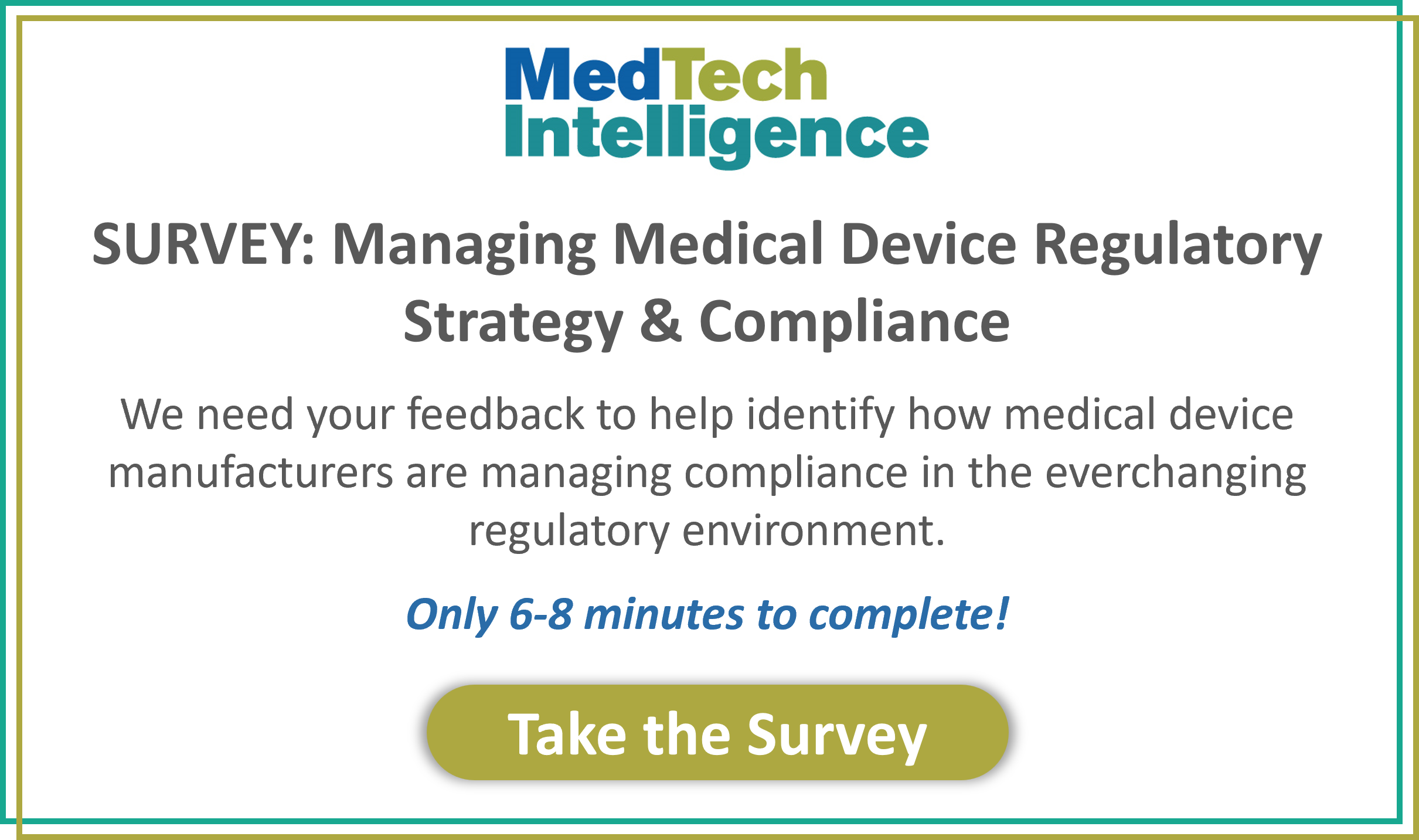As Dr. D has mentioned on multiple occasions, sometimes there appears to be no rhyme or reason behind the receiving of that prized FDA warning letter. Usually when an offending establishment racks up double-digit inspection observations during an agency visit, a warning letter is forthcoming. The Chief Jailable Officer (CJO) does not need to be clairvoyant or be in possession of tarot cards or a crystal ball to see bad things are about to happen. However, what happens when an inspection results in one or two observations? That depends (not the undergarment type) on the nature of the observations. As the doctor has also mentioned in previous articles, if the observations are rooted in failing to report adverse events in accordance with Part 803 or filing to report or manage corrections and removals in accordance with Part 806, a warning letter is probably in the offending establishment’s future. In fact, there really is no need for the CJO on the receiving end of a one- or two-observation warning letter to be “pugnacious” or “truculent” (look them up). Why? It happens! Enjoy!
Warning Letter – April 3, 2018
The establishment on the receiving end of the warning letter mentioned in this week’s guidance essentially had one issue noted during their inspection, their MDR process (failure to report an adverse event and failure to establish a fully-developed process). The FDA does tend to frown down upon issues when the failure to report adverse events within the 30-day window is missed, or worse, not reported at all. If an establishment’s medical device has caused or contributed to a death or serious injury, the FDA wants to know about the event. You see, the agency is kind of funny when it comes to things like patient (or user) deaths or injuries. Why? It happens!
Warning Letter Excerpt(s)
Observation One (1) – “Failure to report to FDA no later than 30 calendar days after the day that your firm received or otherwise became aware of information, from any source, that reasonably suggests that a device that your firm markets may have caused or contributed to a death or serious injury, as required by 21 CFR 803.50(a)(1).”
Observation Two (2) – “Failure to adequately develop, maintain and implement written MDR procedures as required by 21 CFR 803.17.”
Compliance for Dummies
Seriously folks, when it comes to adverse event reporting, the FDA does not grant special dispensation to device establishments. For some unknown reason, some device establishments feel that they are admitting guilt if they file an MDR. Seriously? Simply stated, an MDR is a statement of fact that an adverse event has occurred and your device may have caused or contributed to the event. Regardless of the potential for future litigation associated with the reportable event, one simple fact holds true: “The adverse event must be reported if it meets the FDA’s criteria for reporting delineated within Part 803.” Remember, there is no harm to error on the side of caution and report versus failing to report and finding out during an inspection a report was warranted but never filed.
Let the doc be perfectly clear here and state that the requirement for reporting MDRs through the FDA’s electronic gateway has been in play since August 13, 2015. If your establishment has yet to establish their Electronic Submissions Gateway (ESG) with FDA, there is no time like the present to do so. It continues to be Dr. D’s opinion that this process can be painful to establish, so please allot some time for this to occur (~ 45 days).
Additionally, when scripting a procedure that complies with Part 803 requirements, there are key elements that need to be included such as:
- The filing of MDRs electronically
- Requirements for a timely review (< 30 days, obviously) of potential adverse events (there should be a link to the complaint management procedure and CAPA)
- Requirements for the initial investigation process
- Requirements for reviewing the device history record (DHR) for potential quality issues
- Review of similar complaints or other MDRs for trends in product performance (good or bad)
- Requirements for collecting case information from the healthcare provider
- Guidance for when certain product failures are automatic MDRs
- Record keeping for all MDRs (recommend using a different color folder for MDRs versus routine product complaints)
- Investigative steps to be taken when suspect product is not returned
- The disposition and disposal of suspect product, once the investigation has been completed
Takeaways
For this week’s guidance, the doctor will leave the readers with three takeaways. One: There is no admission of guilt associated with filing an MDR. An MDR is nothing more than a statement of fact. Two: It is better to over-report and make some additional work than under report or fail to report, and risk angering the regulatory gods at the agency. Three: Tick-tock baby, the clock is ticking; and a device establishment has 30-days to report an adverse event to FDA. At day 31, smiles on the faces of CJOs turn into frowns. In closing, thank you again for joining Dr. D, and I hope you found value (and some humor) in the guidance provided. Until the next installment of DG, cheers from Dr. D., and best wishes for continued professional success.
References
- Code of Federal Regulation. (April 2017). Title 21 Part 820: Quality system regulation. Washington, D.C.: U.S. Government Printing Office.
- Devine, C. (2011). Devine guidance for complying with the FDA’s quality system regulation – 21 CFR, Part 820. Charleston, SC: Amazon.
- Devine, C. (2013). Devine guidance for managing key attributes of a FDA-compliant quality management system – 21 CFR, Part 820 Compliance. Charleston, SC: Amazon.
- FDA. (April 2018). Inspections, Compliance, Enforcement, and Criminal Investigations. SynCardia Systems, LLC. Accessed July 10, 2018. Retrieved from https://www.fda.gov/ICECI/EnforcementActions/WarningLetters/ucm604278.htm








